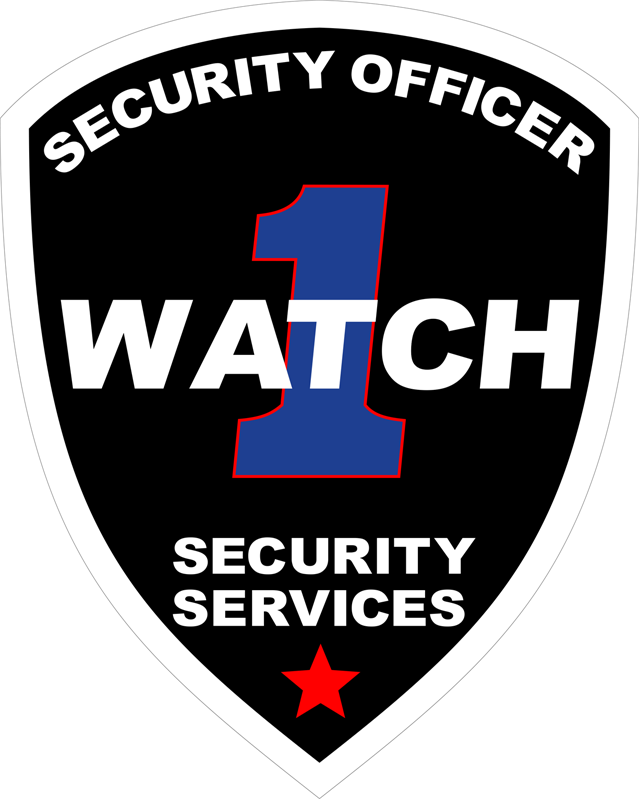When it comes to safeguarding properties, businesses, and communities, implementing robust security measures is paramount. While security cameras and alarm systems provide essential surveillance, patrol services offer an added layer of protection and vigilance. In this blog, we’ll explore how patrol services play a vital role in enhancing security measures, deterring potential threats, and ensuring peace of mind for individuals and organizations alike.
Visible Deterrence and Immediate Response
Visible Presence: One of the primary benefits of patrol services is the visible deterrent they provide to potential intruders and wrongdoers. Patrol officers patrol designated areas on foot, bicycle, or vehicle, making their presence known and deterring criminal activity simply by being visible. The sight of a patrol vehicle or uniformed officer can dissuade individuals with malicious intent from attempting to breach security measures, effectively preventing incidents before they occur.
Immediate Response: In addition to acting as a deterrent, patrol services offer the advantage of immediate response to security threats or suspicious activities. Trained patrol officers are equipped to respond promptly to alarms, disturbances, or emergency situations, ensuring that any security breaches or incidents are addressed swiftly and effectively. This rapid response capability minimizes the potential for damage, theft, or harm, providing peace of mind to property owners and occupants.
Randomized Patrol Routes: To maximize their effectiveness, patrol services often employ randomized patrol routes and schedules. By varying patrol patterns and timings, patrol officers prevent predictability and maintain a constant element of surprise for would-be perpetrators. This strategic approach ensures comprehensive coverage of the area under surveillance and reduces the likelihood of criminals exploiting predictable patterns to circumvent security measures.
Enhanced Surveillance and Situational Awareness
Continuous Surveillance: Patrol officers are trained to maintain vigilant surveillance of their assigned areas, monitoring for any signs of suspicious activity or security breaches. Whether conducting foot patrols, vehicle patrols, or stationary observation posts, patrol services provide a continuous and comprehensive surveillance presence, identifying potential threats and addressing them proactively.
Situational Awareness: Patrol officers possess keen situational awareness skills, enabling them to assess and respond effectively to dynamic security situations. Through regular patrols and familiarity with their assigned areas, patrol officers develop an intimate understanding of the environment, recognizing deviations from the norm and potential security vulnerabilities. This heightened awareness allows patrol services to anticipate threats, mitigate risks, and intervene decisively when necessary.
Communication and Coordination: Effective communication is essential for patrol services to coordinate their efforts and respond swiftly to security incidents. Patrol officers utilize two-way radios, mobile devices, and other communication tools to stay connected with each other and with central command centers. This seamless communication network enables patrol services to share real-time information, coordinate response efforts, and collaborate with law enforcement agencies or emergency services as needed.
Community Engagement and Trust Building
Proactive Problem Solving: In addition to addressing immediate security concerns, patrol services engage in proactive problem-solving efforts to address underlying issues and prevent future incidents. Patrol officers collaborate with community members and stakeholders to identify security risks, implement preventive measures, and address quality-of-life issues that may contribute to crime or disorder. This proactive approach not only enhances security but also strengthens community resilience and cohesion.
Public Safety Education: Patrol services play a crucial role in educating the public about crime prevention strategies, emergency preparedness, and personal safety awareness. Patrol officers conduct community workshops, distribute educational materials, and provide guidance on security best practices to empower individuals and organizations to take an active role in their own safety. By promoting awareness and empowerment, patrol services contribute to a safer and more resilient community for everyone.
Conclusion
Patrol services are instrumental in enhancing security measures through visible deterrence, rapid response, enhanced surveillance, and community engagement. By maintaining a proactive presence, fostering trust with the community, and collaborating with stakeholders, patrol services contribute to a safer and more secure environment for individuals, businesses, and communities alike.


